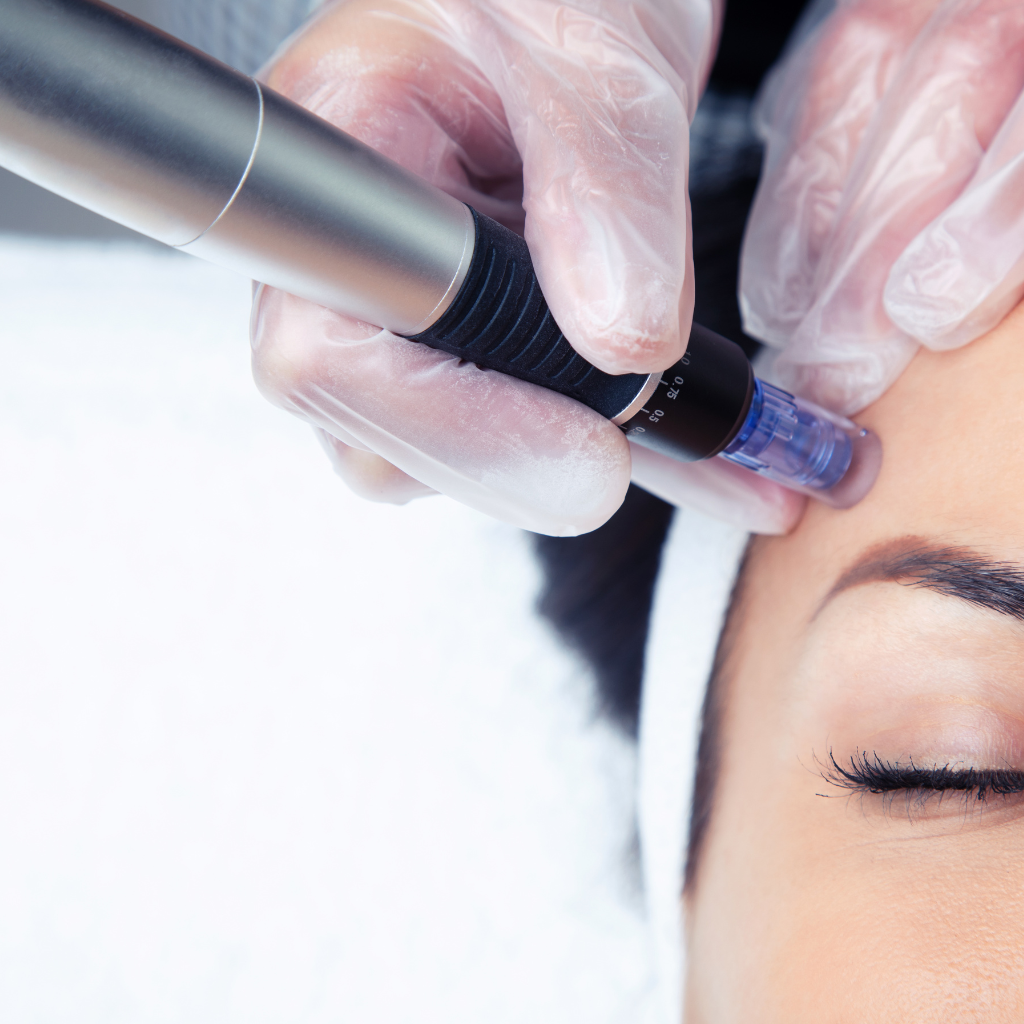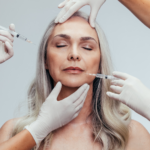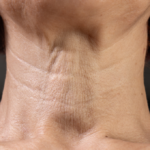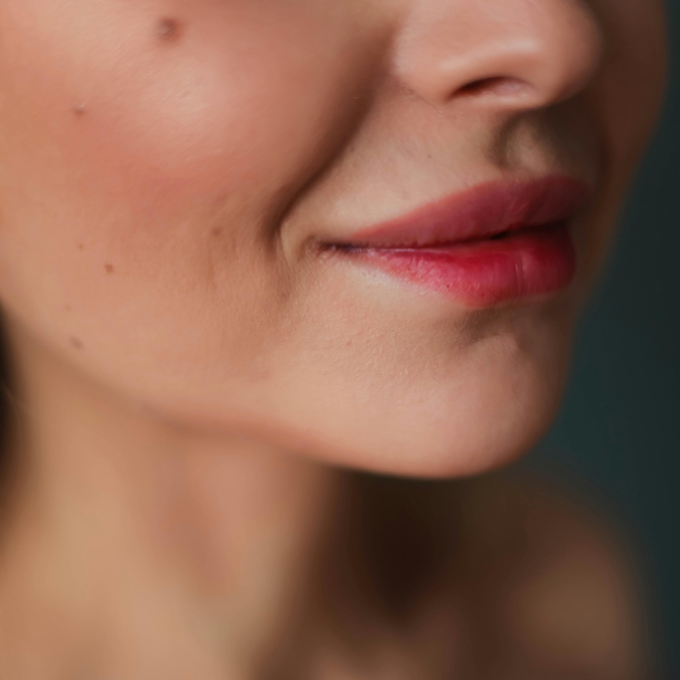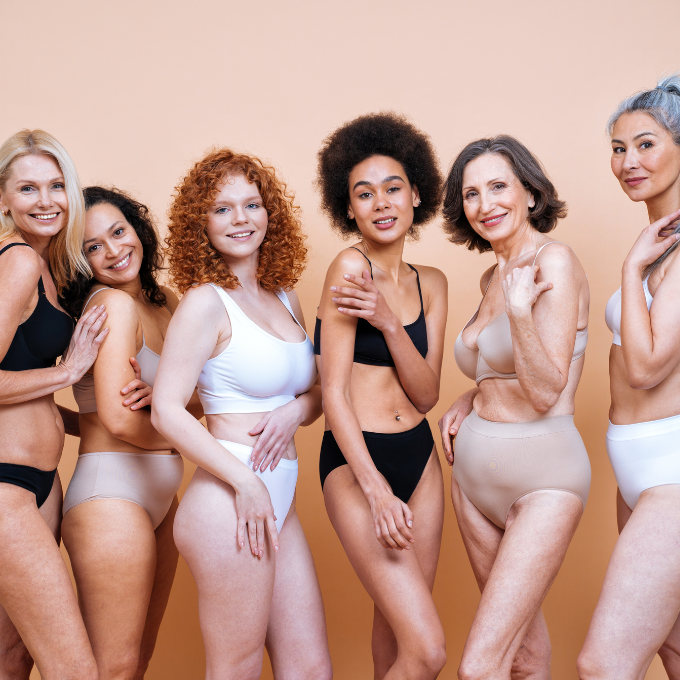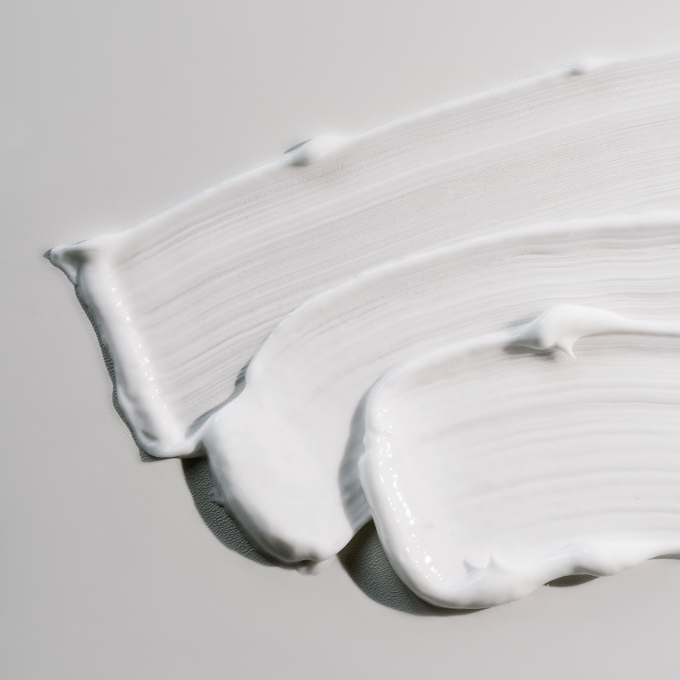Did you know that from the age of 25, we lose about 1% of our collagen each year? Now, add menopause into the mix, and that decline speeds up dramatically. As oestrogen levels drop, so does your skin’s ability to retain moisture, regenerate, and maintain its plumpness. The result? Loss of collagen and elasticity, increased …
Did you know that from the age of 25, we lose about 1% of our collagen each year? Now, add menopause into the mix, and that decline speeds up dramatically. As oestrogen levels drop, so does your skin’s ability to retain moisture, regenerate, and maintain its plumpness. The result? Loss of collagen and elasticity, increased dryness and sensitivity, and the development of fine lines, wrinkles, and sagging. Skin becomes thinner, cell turnover slows, and that natural glow you once had starts to fade.
But it’s not all bad news—there are powerful treatments available that can help counteract these effects, keeping your skin healthy, resilient, and radiant. From aesthetic treatments to targeted at-home skincare, there are plenty of ways to support your skin through menopause.
But before we explore the best treatments, it’s important to understand how menopause affects the skin.
Loss of Collagen and Elasticity
Collagen is the building block of plump, youthful skin, but with menopause, production drops significantly. This leads to skin losing its structure, making fine lines and sagging more apparent.
Increased Dryness and Sensitivity
Lower oestrogen means reduced oil production, leading to drier, more sensitive skin. You may notice irritation and a rougher texture as your skin struggles to retain moisture.
Development of Fine Lines, Wrinkles, and Sagging
With a loss of volume and elasticity, skin starts to sag, and fine lines deepen. The skin’s natural repair processes slow down, which makes it harder to maintain a smooth, youthful appearance.
Thinner Skin and Slower Cell Turnover
Your skin’s ability to renew itself decreases, leading to dullness and a lack of radiance. Thinner skin also makes it more prone to damage, emphasising the need for targeted treatments.
Now the important part, what can we do to treat and rejuvenate menopausal skin?
Polynucleotides: Boosting Skin Regeneration and Elasticity
One of the most exciting innovations in skin regeneration, polynucleotides work at a deep cellular level to repair and rejuvenate ageing skin.
- They stimulate collagen production, improving elasticity and firmness.
- They repair damaged skin, tackling sagging and dullness.
- By injecting them into the skin, they encourage the growth of new skin cells, improving turnover and restoring a fresh, glowing complexion.
Polynucleotides work as a long-term investment in your skin’s health, improving its quality over time while restoring resilience and hydration.
Chemical Peels: A Smoother, Brighter Complexion
Menopausal skin can often appear dull due to the slowing down of cell renewal. Chemical peels offer a solution by exfoliating the skin and speeding up its natural turnover process.
- Peels work by removing dead skin cells, revealing fresher, smoother skin underneath.
- They help to reduce dullness, fine lines, and pigmentation, giving your skin a brighter, more youthful look.
- By encouraging new cell growth, they improve skin texture and clarity over time.
Regular light-to-medium depth peels can be a great addition to your skincare routine, giving your skin the reset it needs to maintain a healthy glow.
Microneedling with Exosomes: The Ultimate Skin Rejuvenation
For those looking to boost skin texture and repair, microneedling with exosomes is a powerhouse treatment.
- Microneedling creates micro-injuries in the skin, stimulating its natural healing response and boosting collagen production.
- Exosomes, packed with anti-ageing growth factors and proteins, enhance this process by accelerating skin repair and regeneration.
- Together, they restore skin firmness, improve elasticity, and give a radiant, youthful glow.
Exosomes take microneedling to the next level, making it one of the most advanced ways to tackle menopausal skin concerns. Combining these treatments is a great way to boost results and tackle the effects of menopausal skin more effectively.
Now we need to mention the importance of at-home skincare, something many people seem to overlook. While in-clinic treatments are highly effective, maintaining your results at home is just as important. A well-rounded skincare routine tailored to menopausal skin can help prolong and enhance the benefits of your treatments.
Daily SPF: Your Best Defence Against Ageing
Sun exposure accelerates collagen breakdown, so wearing SPF daily is crucial in protecting your skin from further damage. Look for broad-spectrum sunscreens with hydrating ingredients to suit menopausal skin.
Incorporate Retinol, Peptides, and Ceramides
- Retinol: Encourages cell turnover, helping to reduce fine lines and keep the skin looking fresh.
- Peptides: Support collagen production and strengthen the skin barrier.
- Ceramides: Help to maintain hydration and repair the skin’s protective barrier, preventing dryness and irritation.
Hydration: The Key to Radiant Skin
Menopausal skin needs extra hydration. Look for rich, nourishing moisturisers containing ingredients such as hyaluronic acid to keep your skin plump and comfortable.
The Menopause will bring significant changes to your skin, but with the right approach, you can maintain a healthy complexion. From advanced treatments like polynucleotides, microneedling with exosomes, and chemical peels to essential at-home skincare, there are plenty of ways to keep your skin looking and feeling its best.
Your skin deserves care, attention, and the best treatments available. Ageing may be inevitable, but dull, tired skin doesn’t have to be.


